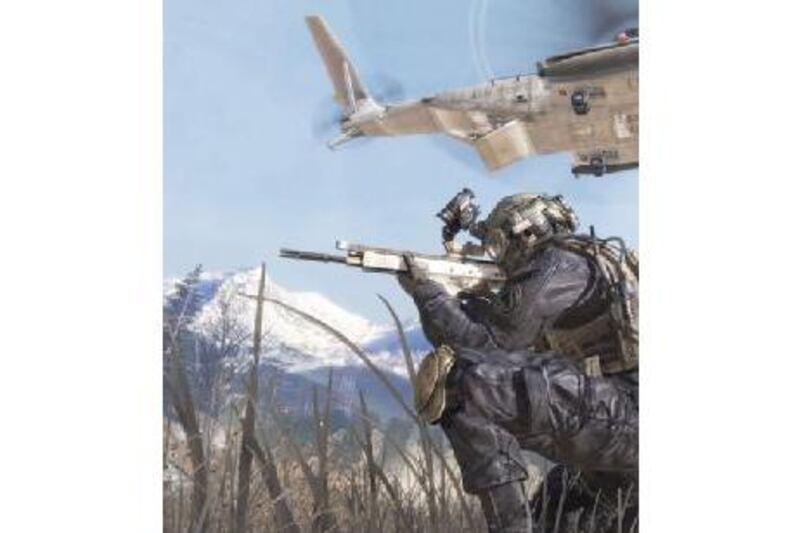I refer to the front page news article University expels 126 failing students (October 17). These students should file a suit against the university for the reason that the school kept them for seven years and took their money before realising that their grade point averages (GPAs) were not good enough to keep them. How much money did the students' parents spend on their education?
It's true that the students could have raised their GPAs. However, if they didn't in their first three semesters at the university - that is one and a half years of being given warnings - the university authorities should have let them go then and there, not after seven years.
Amna S, Abu Dhabi
Unless the education system is not totally overhauled and revamped, such incidents as expelling 126 students after seven years will continue to crop up.
Ahmad Shah, Abu Dhabi
Let parents judge video games
With reference to the business article Violence to be edited out of games (October 13), I'm not sure why the Government is taking the time to ban video games. The games industry in Europe and especially in the US have dealt with such problems. It is unlikely for parents to allow children to play games such as Mafia II or Dead Rising. Some games are not meant for little children.
In the past two decades, I have noticed that the games industry has already changed. Nowadays all games are rated and most online and multiplayer games have an option to filter bad language. I'm an adult and I can choose what to buy. I don't want "Big Daddy" to tell me what to get or not to get. And parents have a role to play, not the Government.
BA, Abu Dhabi
Iran's role on the international stage
In reference to the article Hero's welcome for Ahmadinejad (October 14), the recent visit to Lebanon of Mahmoud Ahmadinejad, the president of the Islamic Republic of Iran, has indeed become an historical event as it has reinforced his country's unquestionable role in shaping the political landscape of the region in the days to come.
The visit of such a high profile Iranian figure to Lebanon would not have been thinkable until recently in the wake of the assassination of Rafiq Hariri, the former Lebanese premier, which many in Lebanon and the West had blamed on Hizbollah and Syria, the main allies of Iran in the region.
The visit has turned out to be a clear endorsement that the politics pursued by Iran and its allies are gaining momentum in the region.The warm welcome by Lebanese leaders and the thunderous applause and standing ovations during the speech by Mr Ahmadinejad is a clear message to US and its allies that they should be more realistic and show maturity by stopping their usual policy of intimidation towards others who think and talk differently. Should they claim sincerely that they are pro-democratic, they should come to terms with Iran to bring about peace in this most troublesome area before the ground on which they stand now becomes fully eroded.
Meanwhile, Iran should show more transparency and come out clearly about serious matters which its neighbours, especially Arab countries, feel ill at ease about. These issues involving Iran range from the prolonged allegation of interfering covertly in internal affairs of other nations to its controversial nuclear activities. Iran must address these issues in good faith if it really wants to go ahead with its plan of empowering the people in its neighbourhood against the aggression of Israel.
Abdul Lateef Koladikkal, Abu Dhabi
Call for reform of Security Council
The appointment of India and South Africa as non-permanent
members of the UN Security Council, joining Germany and Brazil, is a long-overdue move that gives a voice to well over a billion people who hitherto have remained silent in international matters of security and world peace.
However, it has also the effect of shining a spotlight on the anachronistic position whereby the US, the UK, Russia, China and France are permanent members, each having the power of veto.
Thus, Britain with a population of 65 million can veto any Security Council resolution, thereby ensuring that a world population of 6.5 billion must bow to its will.
The status quo seems designed to bring the UN into disrepute as a clearly undemocratic body that claims to speak for the international community when, in fact, it speaks for vested political interests.
The solution would appear to be to make the four most powerful and populous countries permanent members - the US, India, China and Russia - but without any power of veto. Only then will we obtain a body that truly represents the international community and one that will decide those vital actions that affect us all by a democratic process.
Michael Halpern, UK






